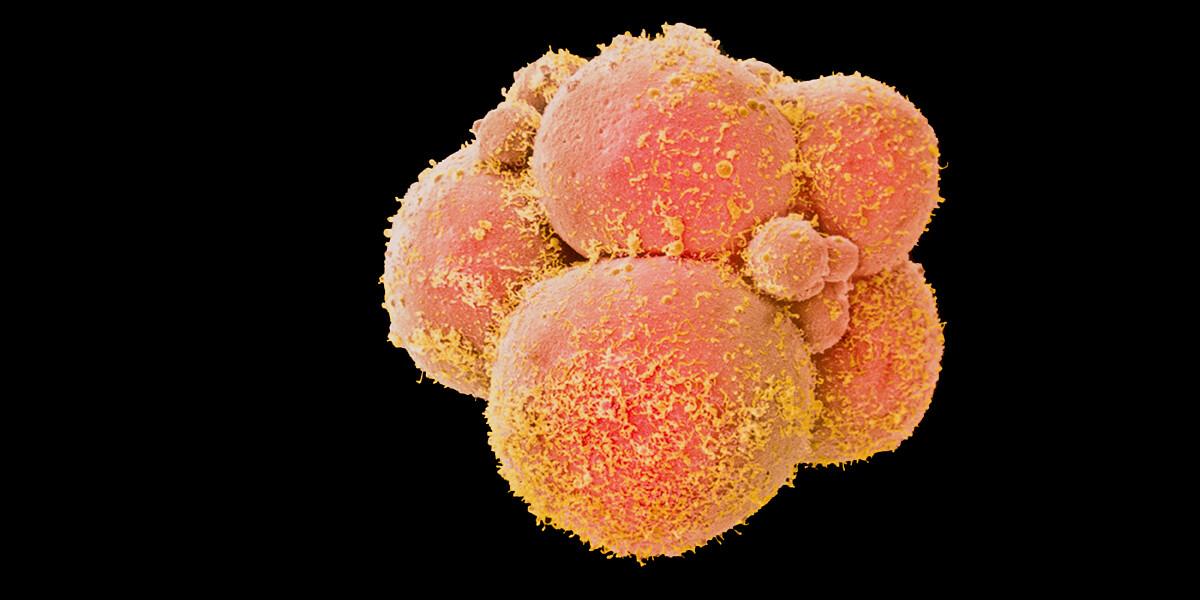Initiative brings biologists together to crack the secrets of human development
The Human Developmental Biology Initiative is a £10 million project to provide insights into how humans develop – from one cell to billions of different cells that make up our tissues and organs. Andrew Chisholm and Sheny Chen explain more.

Human developmental biology studies are extremely challenging and have been limited for several reasons. Few labs have access to human embryo and foetal samples, which means the field lacks a critical mass of research. Where samples are accessible, there aren’t any standardised methods to study them.
On top of this, the genetic variation in humans means that it’s difficult to reproduce experiments and translate findings.
The Human Developmental Biology Initiative (HDBI) will tackle this head on. A group of more than a dozen labs across the UK will work together to generate data, develop new tools and build a ‘family tree’ of cell divisions during development, starting at fertilisation.
How the initiative will support research
All the data, tools and methods generated will be available to the scientific community for free.
The HDBI will also set up two research hubs, offering training and support to researchers who want to introduce human developmental biology into their research plans.
Research that uses human embryos and foetal tissue has legal and ethical implications. The HDBI will work firmly within the UK regulatory framework and address the ethical issues of working with human samples. It will also aim to help create a framework for responsible innovation in human developmental biology research.
We’re excited to support the HDBI, and this work aligns with our support for the Human Cell Atlas. The initiative is a unique chance to galvanise an important research field and bring together a range of biologists to give valuable insights into how humans develop.
How much is known about human embryo development?
The first few weeks and months after an egg is fertilised are hugely important for human development, as organs are shaped. 3% of all babies are born with developmental abnormalities, such as spina bifida.
For such a crucial period, researchers know little about how human embryos and foetuses develop. To date, most of our understanding comes from studies on model organisms, such as fruit flies and mice. Although we share a lot of similarities in how our cells work, there are important differences that give us our human-specific traits.